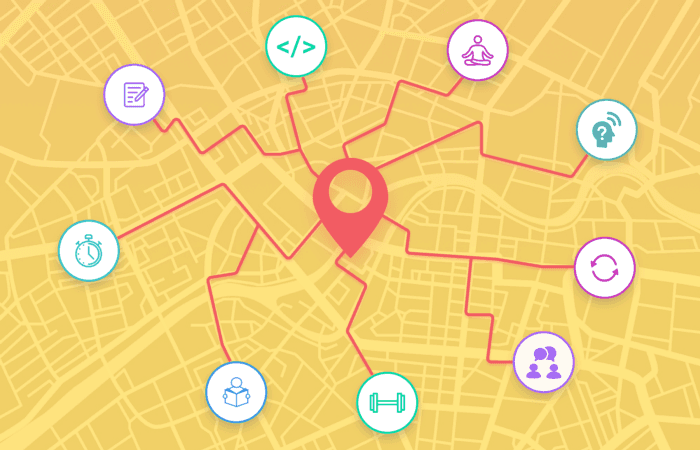1. Learn How to Learn Effectively
It’s the most important skill in your life. Seriously. Software developers learn all the time. And even if programming is just a hobby to you, you still need to learn efficiently.
The basics are quite straightforward. To learn effectively, you have to build a habit — preferably learn every day. Additionally, use these three techniques:






